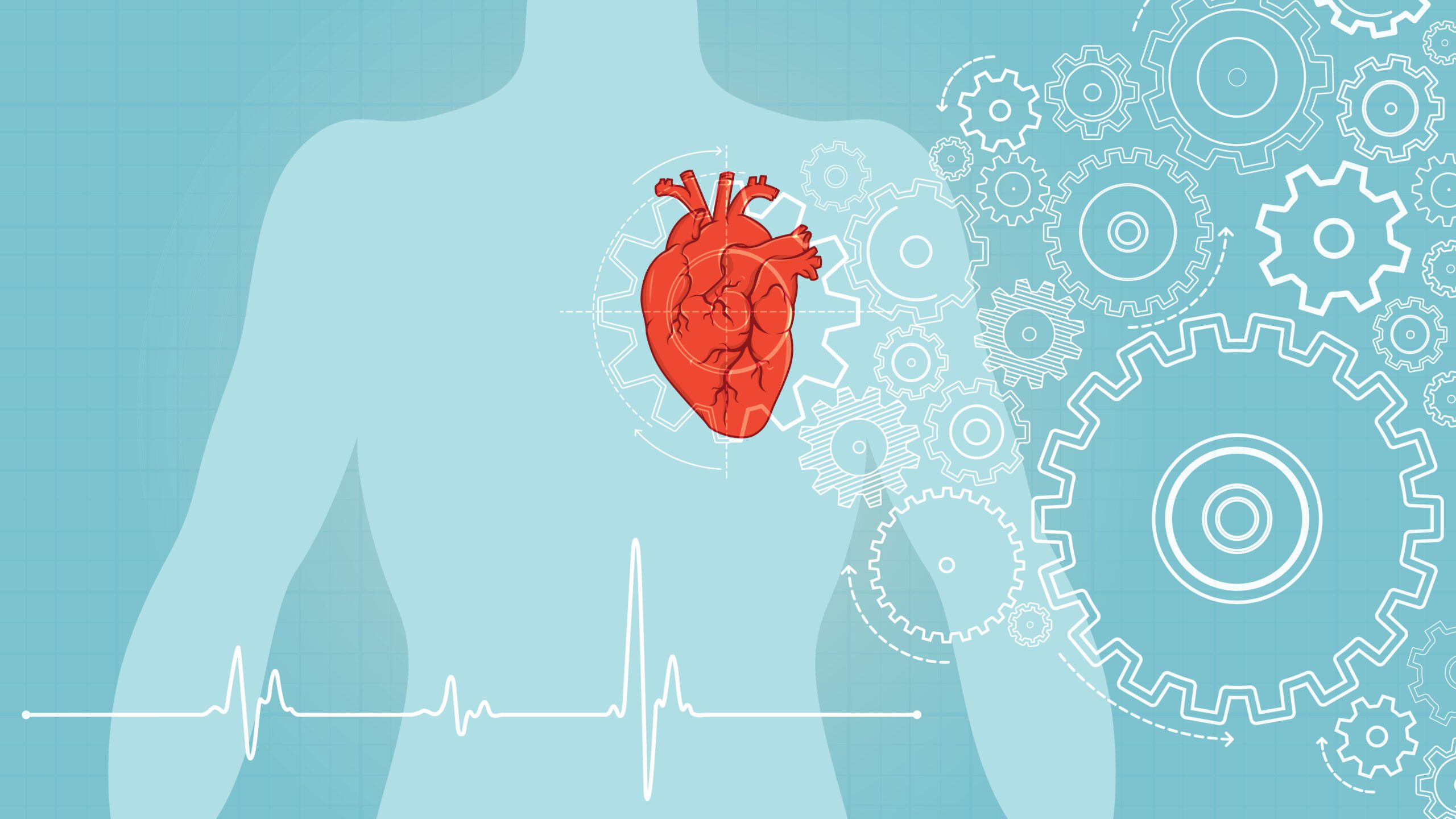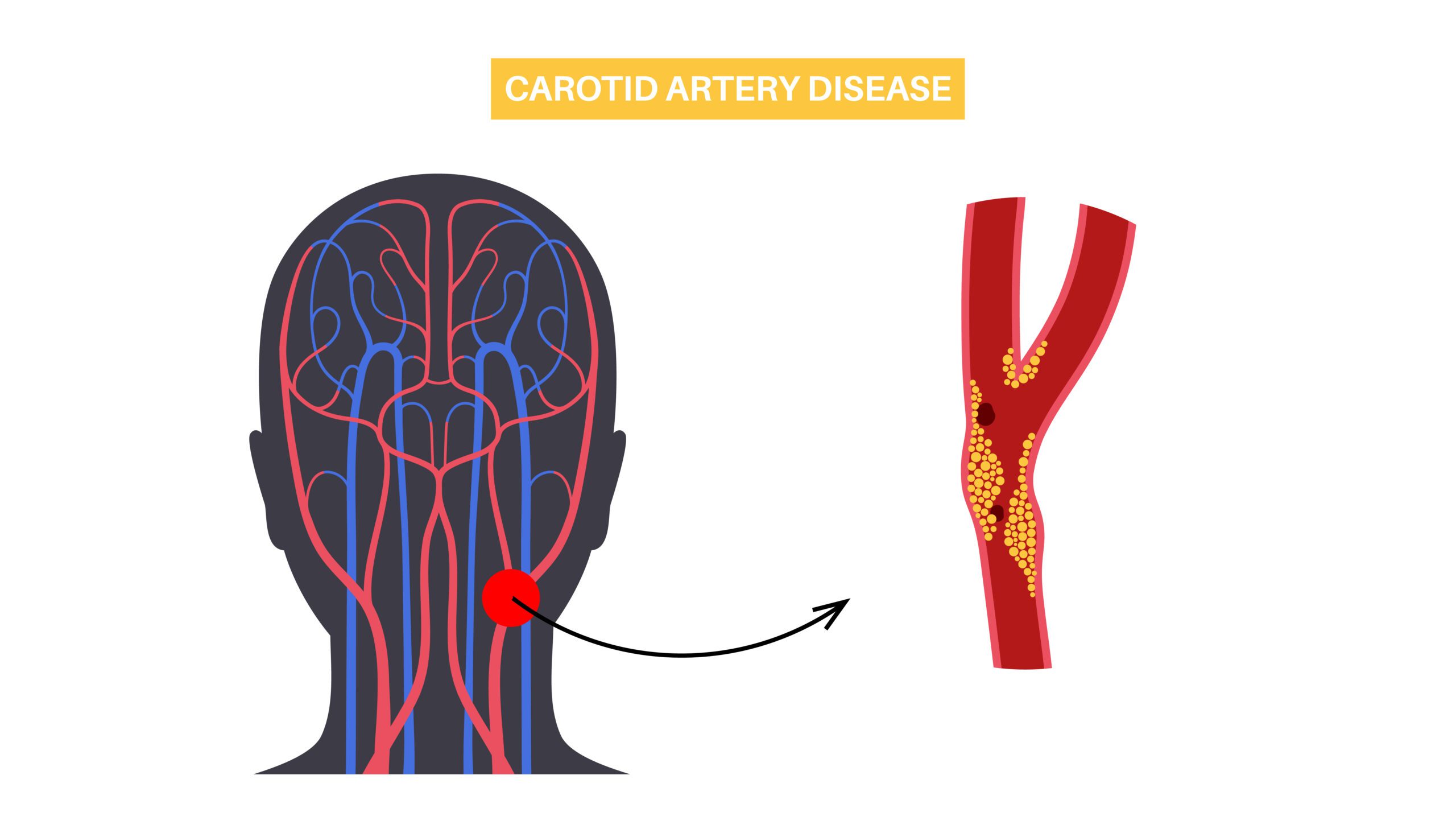
Health News
Features
-
Danger in Disguise
Heart Attack Symptoms Can Be Vastly Different for Women by TERESA SCHIFFER When you think of a heart attack, you undoubtedly think of intense chest pain. After all, that is one of the most common and recognizable symptoms. But what happens when a heart attack’s symptoms don’t fit the classic profile? For women, that’s a…
-
Embracing a Multidisciplinary approach to heart disease
by TERESA SCHIFFER Sponsored by Central Florida Health Care The motto of Central Florida Health Care is “Health Care With a Heart,” and February is American Heart Health Month, making it the perfect time to consider what we can all do to help protect our heart health. This is especially important when we consider the…
-
Pop Quiz!
Don’t Miss a Beat: Learn About Heart Arrhythmia Your heart is one of the most important organs in your body, and it affects the healthy operation of most of your other organs and your overall well-being. There are many problems you could experience with your heart, and heart arrhythmia is a common one. It’s a…
Columns
-
Why Examine a 20/20 Eye?
by THOMAS HEGLAND, O.D. I have friends and strangers state, “I have perfect 20/20 vision without glasses or contacts, why do I need a regular eye exam?” Our exams can discover other issues besides the condition of your vision. Beginning, from front to back, with the eyelids. Florida sunshine can have a very detrimental effect…
-
April Is Sports Eye Safety Month – Protect Your Vision on the Field & Court
by the Eye Specialists of Mid-Florida Eye Care Team Did you know that 30,000 people are treated for sports-related eye injuries each year? According to the American Academy of Ophthalmology, these injuries are becoming more common, making eye protection more important than ever. Which Sports Cause the Most Eye Injuries?While many sports pose a risk,…
-
Medical Management and Treatment of Carotid Stenosis
Let’s talk about medical management of carotid stenosis. Risk factors for carotid artery stenosis are advanced age, hypertension, diabetes mellitus, high cholesterol levels, obesity, lack of exercise, smoking, and family history of strokes. Most of these factors can be managed by medications and lifestyle changes that include active exercise for 30 minutes or so on…





